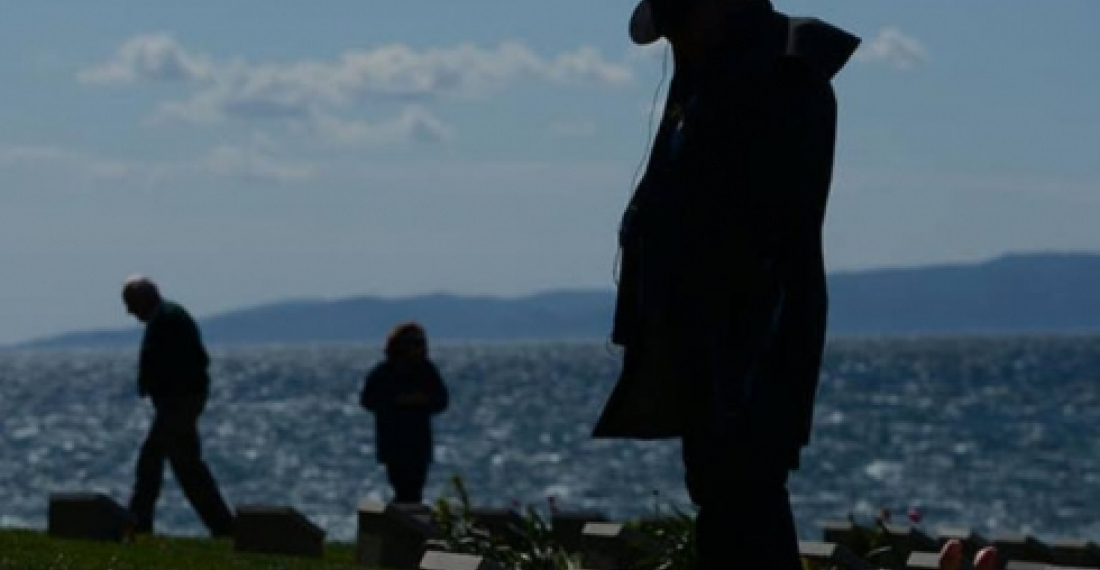Thousands of Australians, New Zealanders and Turks gathered on Turkey's Gallipoli peninsula on Thursday ahead of the 100th anniversary of one of the bloodiest battles of World War One.
The Turkish newspaper, Daily Sabah said that "The Battle of Gallipoli ("Çanakkale Savaşı" in Turkish ) was a campaign of World War I that took place on the Gallipoli peninsula in the Ottoman Empire between 25 April 1915 and 9 January 1916. The campaign, which is considered one of the greatest Ottoman victories during the war, formed the basis for the Turkish War of Independence later on, whereas it is often considered as marking the birth of national consciousness in Australia and New Zealand.
The date of the landing of thousands of soldiers from the Australian and New Zealand Army Corps (ANZAC), 25 April, is known as "Anzac Day" which is the most significant commemoration of military casualties and veterans surpassing 130,000 lives on both sides."
The centenary is expected to see the largest ever commemoration, with Turkish President Tayyip Erdoğan, Australian Prime Minister Tony Abbott, New Zealand Prime Minister John Key and Britain's Prince Charles leading the ceremonies.
Daily Sabah said that Turkey and Australia now find themselves allies in a modern-day struggle, and for the thousands gathering at Gallipoli to commemorate the death of the thousands, the overriding message was one of reconciliation.
Source: Commonsapce.eu with Daily Sabah







